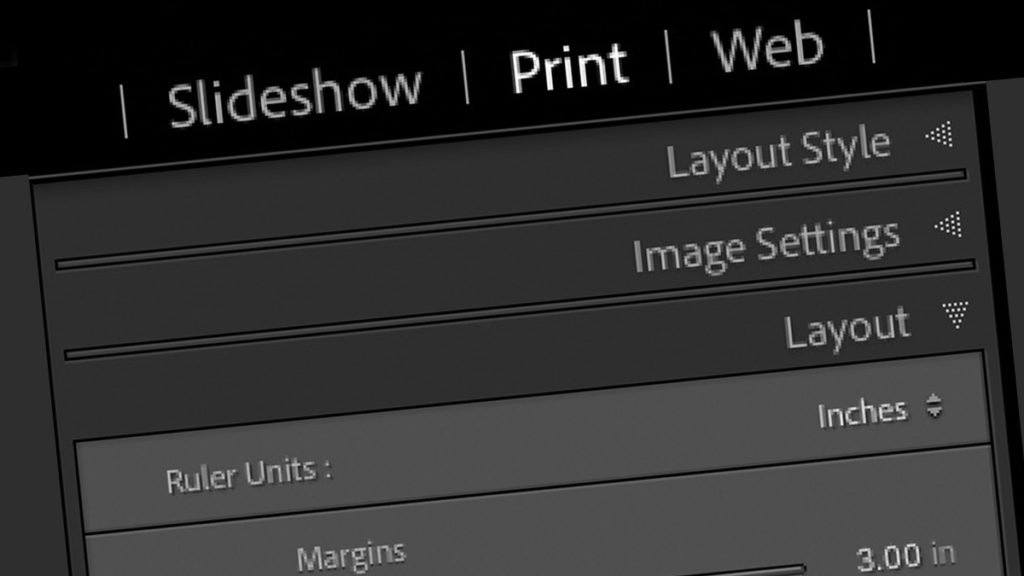Why Lightroom ‘cloud’ Doesn’t Have Printing
Last week during The Wildlife Photography Conference I did a session on “How to print your wildlife photos” and it, of course, centered on Lightroom Classic being your printing tool. Its print module is one of the best parts of Classic, and ever since it was introduced I totally stopped printing from within Photoshop altogether. It’s that much better.

However, during the conference my #1 most-asked question was:
“Where are these features in Lightroom [cloud]?”
I had to give them the bad news — there is no print module in Lightroom ‘cloud’ and the only way to make a print there is to email the photo you want printed to a photo lab. There’s not even a print command in Lightroom ‘cloud’ (try pressing Command-P and nothing happens. Not even the Operating System’s print dialog appears. It’s disabled). If you want to print, it’s either Photoshop or Lightroom Classic (but again, it wouldn’t recommend Photoshop, and I explained why in my session).
Do I think a similar Print feature is coming to Lightroom ‘cloud?’
No, I don’t, and here’s why: While anyone photographer can choose either one they want, Lightroom Classic and Lightroom ‘cloud’ were designed for two different types of customers.
Lightroom Classic, the original, was designed from the ground up for serious and professional photographers. It was designed to be heavy on Metadata features, and things like Tethering in the studio, and advanced printing, and things like that right from the start. It still has lots of features Lightroom cloud doesn’t have — big ones and little ones, including some I don’t think will ever make their way to ‘cloud.’
Lightroom ‘cloud’ was designed for the consumer photographer who shoots on their mobile phone, and doesn’t have heavy metadata needs, or heavy storage needs, and they don’t really make prints and they don’t need tethering or other pro-level features.
Lightroom ‘cloud’ is super popular with iPhone and Android cell phone photographers, and I would have to imagine Adobe signs up more people to their Lightroom ‘cloud’ plan via Apple’s App Store or Google Play than any other method, and that’s makes sense when you think about who it was designed for.
This answers another question/comment I got a lot…
Another thing I heard was people complaining that certain features had one name in Lightroom Classic and a totally different name in Lightroom ‘cloud’ and that they felt it was really confusing. I believe the reason for this is two fold, but there’s a unfortunate wrench in the first one:
(1) These are two different products for two different types of customers. You’re supposed to use one or the other (Adobe doesn’t even recommend using both), and so you wouldn’t be bopping back and forth between the two, so if you’re just working in one (whether its Classic or cloud) it shouldn’t matter that a different program you don’t use has different terms for different features. Of course this all breaks down if you’re a Lightroom Classic user syncing to Lightroom mobile, where sure enough — the names of certain features are different. That’s the wrench. Ugh.
(2) The ‘cloud’ version uses naming conventions that are more consumer-like because that’s the audience it’s designed for. For example, Classic’s “Collections” and “Collection Sets” are called something different in Lightroom cloud. They use the more consumer-friendly names “Albums” and “Folders.”
The bottomline is: these are two different products for two different types of photographers. This isn’t a one-size-fits-all world, so having a choice between the two — where we can choose the one that suits our needs, and has the features that do what we need it to do, is a great thing. Hope that helps. 🙂
Have a great week everybody! 🙂
-Scott


